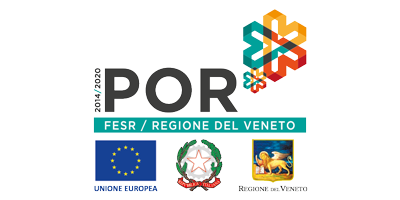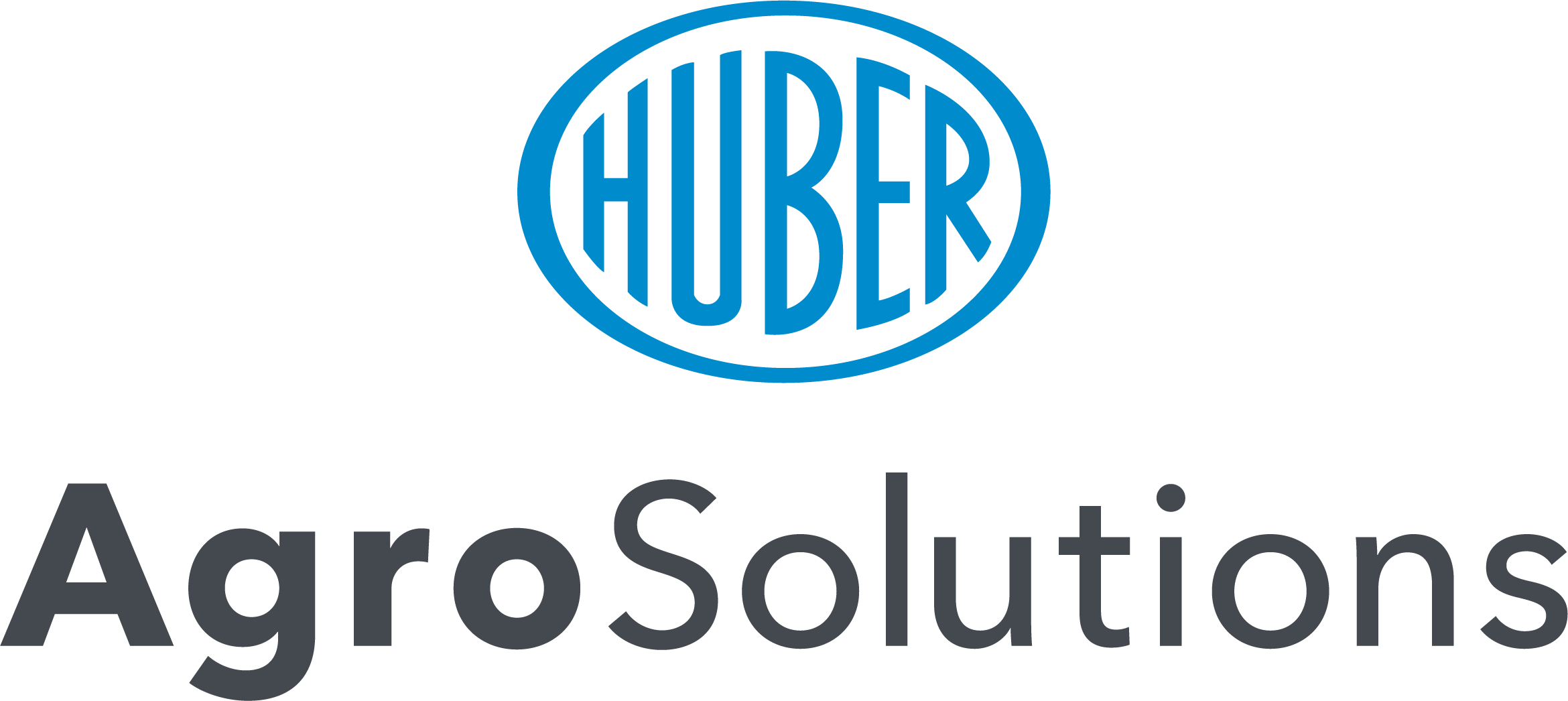Editorials
Organic farming or conventional agriculture? Zero difference with 100% natural ILSA biostimulants, even in the greenhouse.
21/12/2018
The complete plant-like nature of Ilsapolicos and Ilsac-on and their multi-certification makes them suitable for use in organic farming. Moreover, their effectiveness in terms of yield and quality cancels out the production differences between conventional agriculture and the biological regime. And this is true in the open field as well as in the greenhouse. When the vegetable season is in full activity in the greenhouses between the provinces of Ragusa and Syracuse, where the two Ilsa biostimulants have become an integral part of the practice of nutrition and crop biostimulation, it is easy to find tomato plants, aubergines, pepper, courgette, and cucumber in different stages of growth and production, depending on the time of transplantation. The results testify to the goodness of Ilsa biostimulants in naturally stimulating the metabolism of plants, even in the case of production cycles typical of "forced" crops.
Biostimulants with natural triacontanol that have also been certified for organic farming
Ilsapolicos and Ilsac-on are two, 100% plant-origin biostimulants. They contain triacontanol, a prodigious molecule recognized for its biostimulant properties that Ilsa extracts in a completely natural way. This is due to its innovative production processes, FCEH® enzymatic hydrolysis and SFE® supercritical CO2 extraction. Ilsa extracts this long-chain alcohol from Fabaceae (Leguminosae). Ilsa’s natural triacontanol, unlike its synthetic version, is completely soluble and, therefore, completely bioavailable for the crops that can benefit from it.
Ilsapolicos and Ilsac-on: Let's see how they work
Ilsapolicos is a biostimulant based on alfalfa extract, algae and molasses and it contains triacontanol, which, in fertigation, positively stimulates different phases of the cycle, from beginning to end. When applied in addition to normal fertilizers in fertigation, at a dose of 0.5-1 kg / 1.000 m2, it favours the development of roots and, at the same time, reduces the excess vigour in the early stages. A fundamental aspect for transplantation is the presence of high temperatures. Moreover, the application of Ilsapolicos up to the flowering phase allows better absorption of nutrients, greater tolerance to stress and stimulates flower induction.
This produces a net increase of over 30% in the final yield compared to normal conditions. End results such as the lengthening of the flower clusters, increase in the number of flowers and percentage of fruit set have been constantly verified several times for tomatoes as well as for other fruit vegetables.
Starting from the flowering phase, the application combined with Ilsac-on, based on the enzymatic hydrolyzate of Fabaceae and also containing triacontanol, favours an increase in yield, both in terms of the number of fruits attached and their calibre at harvest. Ilsac-on, applied through a foliar application at a dose of 250-300 grams per hectolitre of water and safely mixed with other products (including pesticides), gives further boost for obtaining a larger and more uniform size besides increasing stress tolerance.
The results
Applied together with the various protein fertilizers from the Ilsa range, which are based on organic nitrogen, organic carbon and amino acids, Ilsapolicos and Ilsac-on provide guaranteed excellent productions, both quantitatively and qualitatively. You get vegetables that are better, more beautiful and more resistant, thanks to also an improved shelf life.
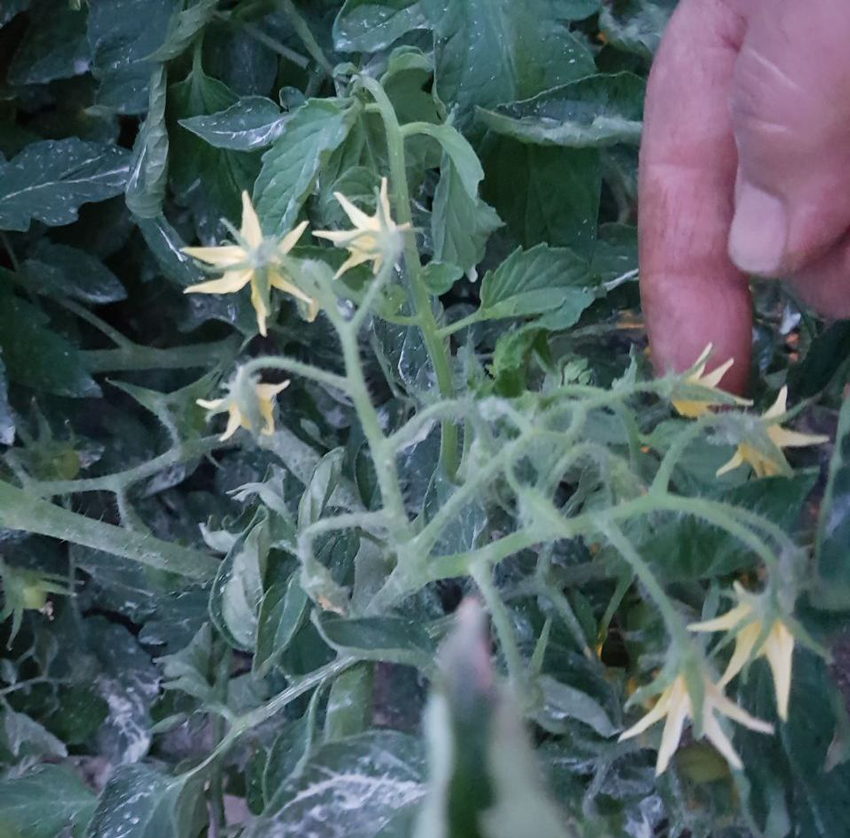
Picture 1: Detail of the lengthening of the flowering bunches of tomatoes induced by Ilsapolicos applications
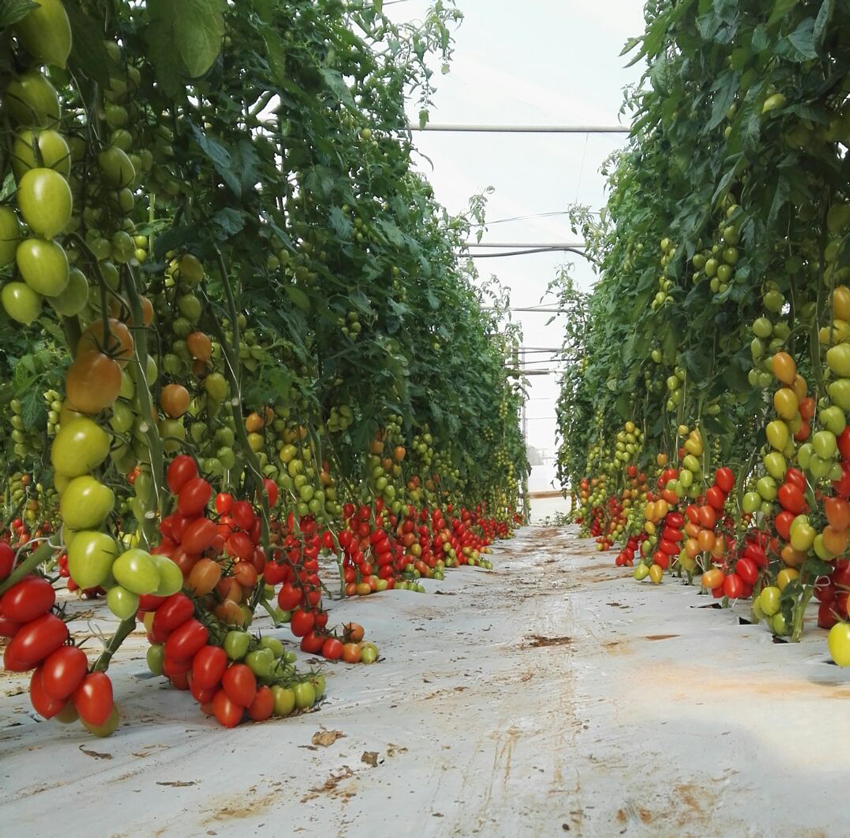
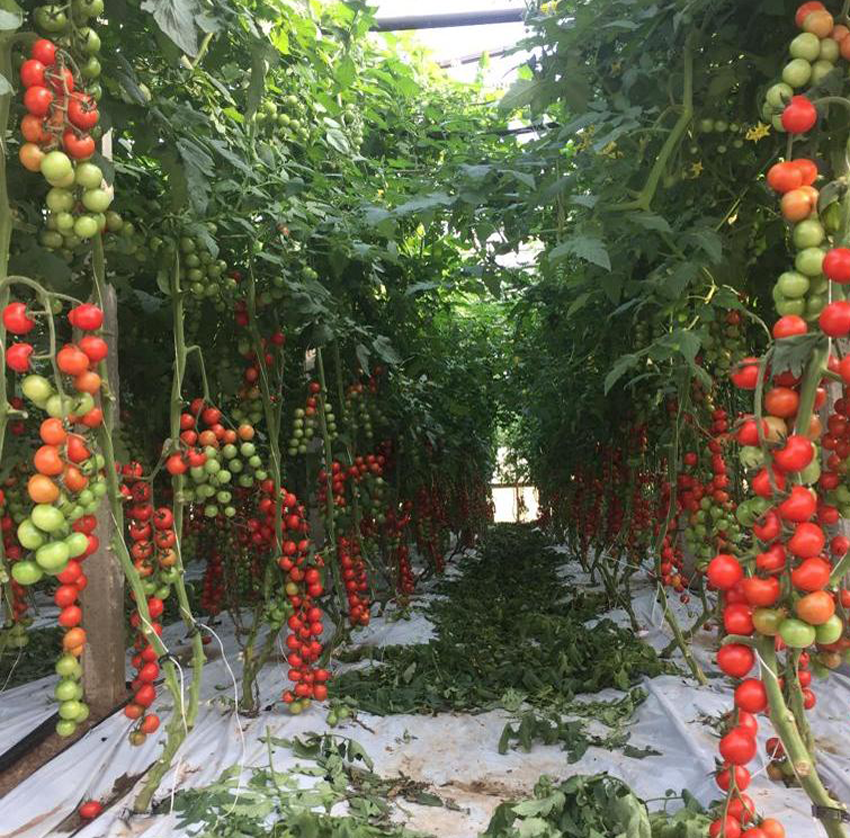
Pictures 2 and 3: Production results of tomato in a greenhouse where ILSA triacontanol fertilizers and biostimulants have been applied


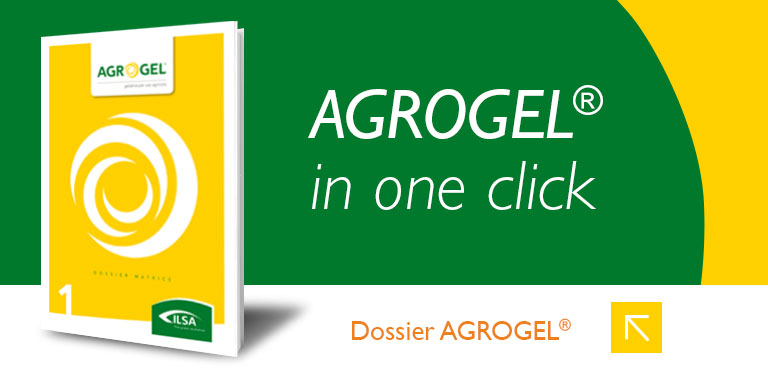

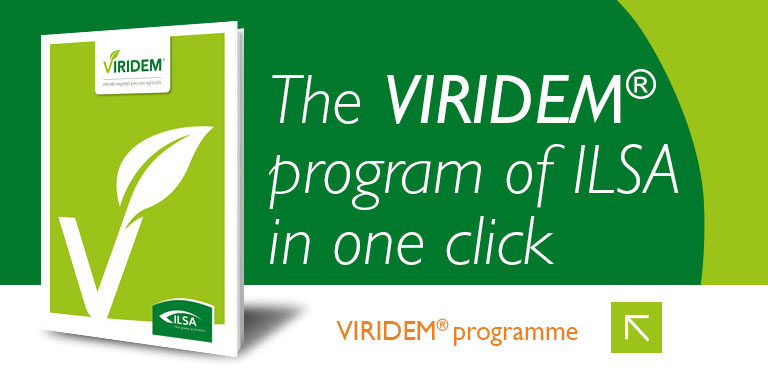
.png)
